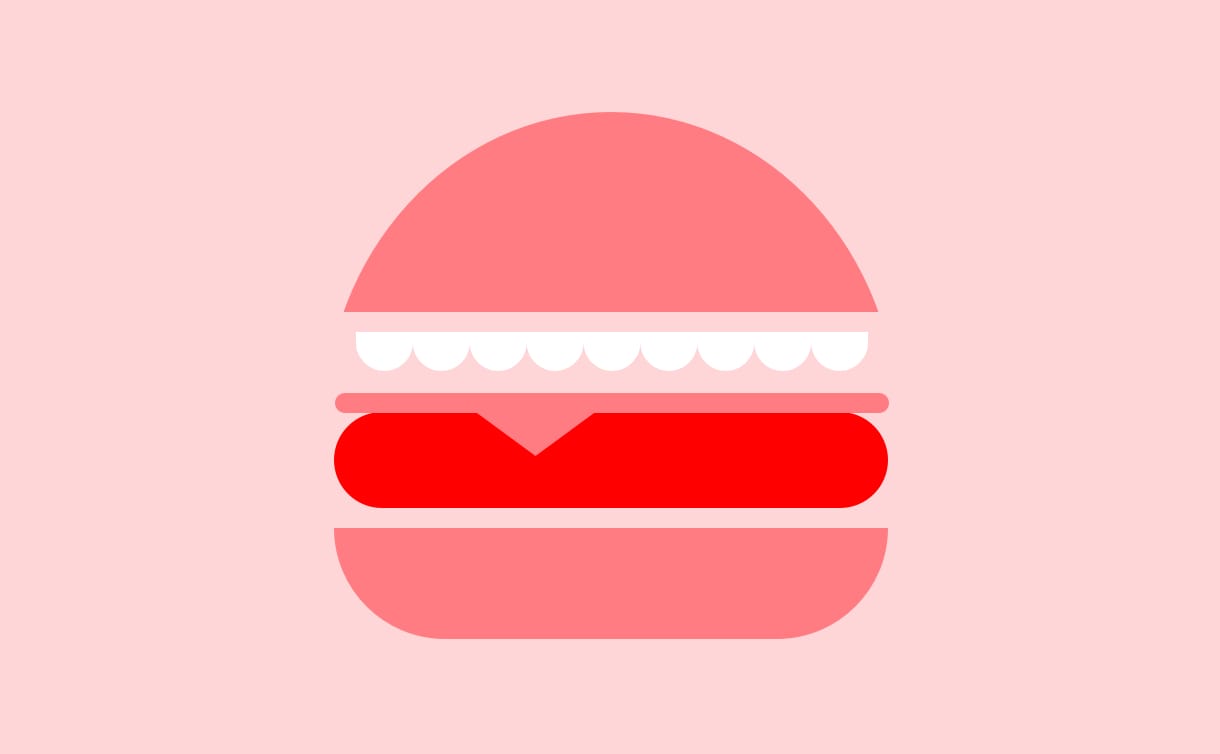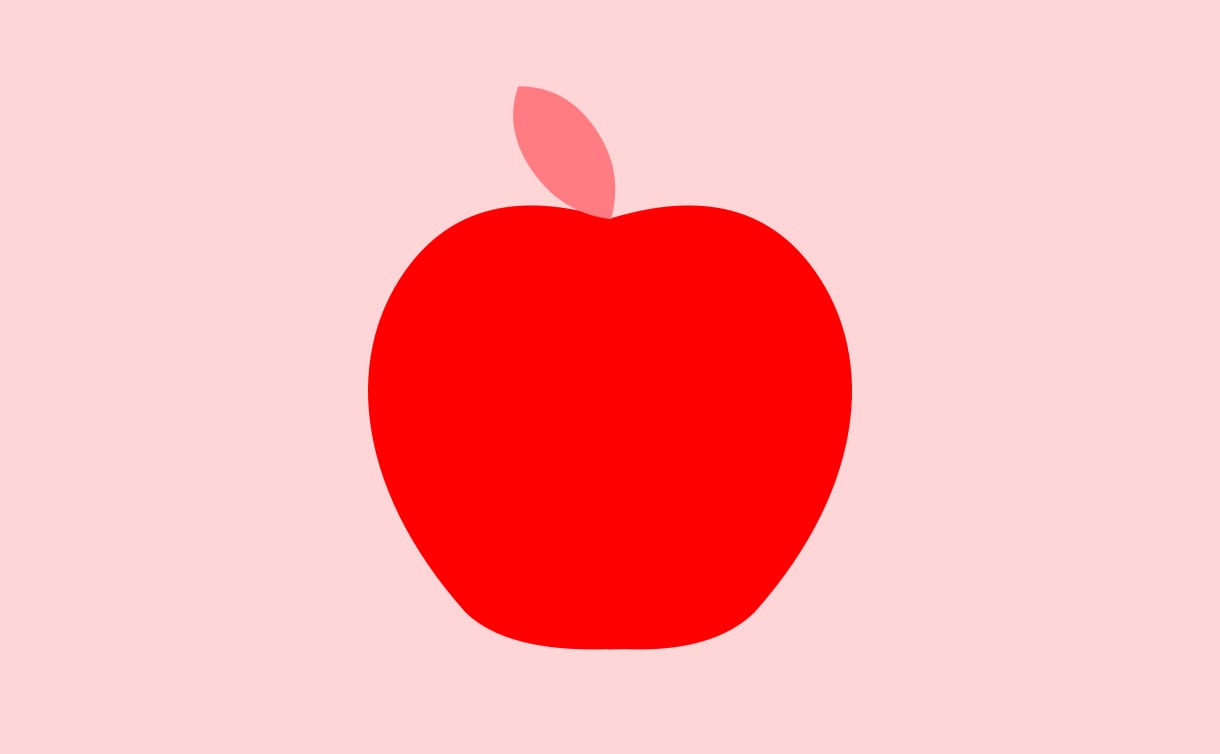
Top 3 mood boosting foods
Feeling overwhelmed or low? Eat your way to a better state of mind with these healthy mood boosting foods.

Ground-breaking research reveals that certain foods and dietary habits can have a positive effect on your mood, especially when you’re feeling low, tense or worried. So what are the best mood boosting foods?
How can I boost my mood naturally?
There are so many ways to boost your mood and improve your mental health naturally! For example,
-
getting enough sleep
-
Managing your calm
-
exercising regularly
-
speaking to a loved one, therapist, or medical professional
But something you do every day - eat - can be a great way to get some extra feel-good vitamins in your body.
Food for your mood
Food can affect your brain health, emotions, and mood in a multitude of ways. The nutritional quality of your food is the first and most obvious factor.
Your brain requires specific nutrients to produce and balance the important brain chemicals that regulate and enhance your mood, mental focus, concentration, and a general sense of well-being.
What foods are bad for mood?
Researchers have long known that we tend to reach for snacks and junk food when we’re feeling overwhelmed and other negative emotions . It’s why so many weight loss studies have begun to focus on the role of emotional eating in our health journeys.
Unfortunately, the foods we often reach for make the problem worse. Highly processed meat, fried food, refined grains and cereals, sugary sweets, and high-fat dairy are some of the worst foods for your mental health.
What food is good for mental health?
The Mediterranean diet and other nutrient-dense dietary approaches, which emphasise high consumption of fruits and vegetables rich in antioxidants, vitamins, and minerals, are closely associated with balanced mood and mental well-being .

But that’s not all:
-
Blood sugar and your mood : A diet that promotes healthy blood sugar and avoids blood sugar fluctuations helps limit the mood and energy changes that accompany sudden drops in blood sugar (e.g., depression, irritability, etc.).
-
Hydration and your mood : A well-hydrated brain thinks clearer, focuses better, and is more equipped to handle life’s challenges and stressors.
-
Protein, fats and carbohydrates and your mood: The amino acids in protein are the building blocks for the brain chemicals you need for balanced thoughts and feelings. Meanwhile, carbohydrates fuel your brain, and healthy fats are closely linked with a balanced mood and reduced risk of brain health concerns.
Nutrition itself is just the proverbial tip of the iceberg. Your actual digestive system (i.e., your gut) also plays a critical role in your central nervous system and your mood regulation.
The gut and brain connection: you are what you eat
Often referred to as the gut-brain axis , your gut is a critical and often overlooked aspect of your mood and emotions:
-
Your gut is a core part of your nervous system and directly “talks” to your brain .
-
Your gut, and the bacteria in your gut, produce many of the neurotransmitters and brain chemicals that influence mood and support a good mood.
-
An overly sensitive gut, such as one that’s not supported by the right diet, can trigger signs of tension in your actual brain .
In fact, a healthier gut is associated with balanced mood, brain health, an improve response to overwhelming situations, and an overall improved sense of happiness and balance.
Top 3 mood boosting foods
The world of nutritional psychiatry and how food impacts mood is growing, and the body of research continues to expand. Start with these three mood enhancing foods and monitor how they influence your emotions and mental well-being.
1. Probiotic- and prebiotic-rich foods
Probiotic supplements can improve your general gut health , although most studies show the biggest improvement among those who had previously compromised gut health. For example, probiotic supplements are especially beneficial after you’ve completed a round of antibiotics.
For day-to-day gut maintenance, seek out prebiotic- and probiotic-rich foods. The former are foods that "feed" the beneficial microbes in your digestive tract. The latter are foods that contain beneficial microbes and help increase the population of healthy bacteria in your gut.
Probiotic-rich foods include:
-
kefir
-
miso
-
yoghurt
-
kimchi
-
sauerkraut
-
tempeh
Prebiotic-rich foods include those high in fibre or complex carbohydrates, such as artichokes, onions, and whole grains.
2. Salmon and other fatty fish
Omega 3 fatty acids are strongly associated with improved brain health and mood . Studies show that a diet rich in these fats may:
-
support your mental health
Some of the best whole foods for increasing your omega 3 dietary intake include:
-
herring
-
sardines
-
salmon
-
tuna
3. Legumes
Beans and other legumes are super versatile foods that improve mood. For example, beans are high in:
-
fibre, which helps support a healthy gut and balances your blood sugar
-
B vitamins , which have wide-ranging benefits for your brain health and mood and support the proper production of mood-related brain chemicals like dopamine and serotonin
-
protein, which plays a role in the production of neurotransmitters
Some of the healthiest types of beans and legumes to try include:
-
chickpeas
-
lentils
-
black beans
-
kidney beans
Enjoy these good mood foods.
Know your own mind?
The average brain health score is 51/100. Take our 3-minute quiz to learn how yours measures up and how to boost it.




















